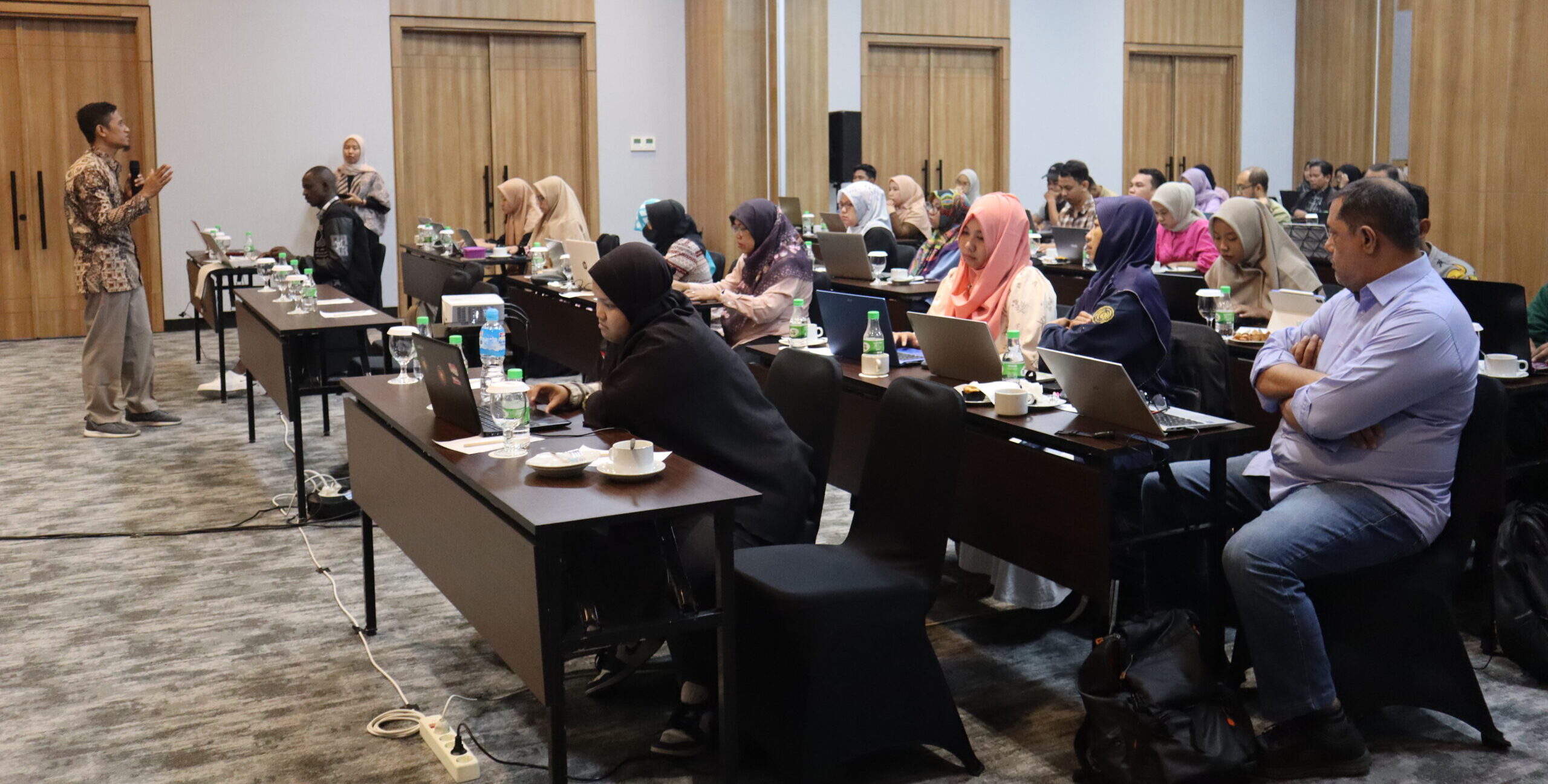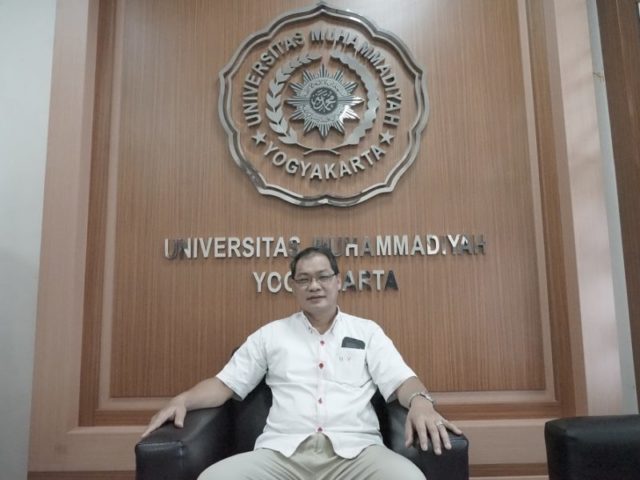

As reported on the official website of the Doctoral Program in Islamic Politics and Political Science, the Minister of Education and Culture (Mendikbud), Nadiem Makarim, has launched a second wave of policies, following the first wave which focused on the abolition of the National Exam. This new policy is called “Campus Merdeka” (Independent Campus), and it introduces four main points: the opening of new study programs, a new accreditation system for higher education institutions, the establishment of state universities as legal entities, and the right for students to study for three semesters outside their major. However, there are concerns that these policies may not be fully developed for immediate implementation.
The Vice Rector for Cooperation and International Affairs at Universitas Muhammadiyah Yogyakarta (UMY), Prof. Dr. Achmad Nurmandi, M.Sc, stated that opening new study programs in a university must be done with careful consideration, to ensure the quality of the new program. “For new universities, opening new programs may be a great opportunity to attract new students. However, for UMY, which is now a large Private Higher Education Institution (PTS), we must carefully consider the objectives and future potential when opening new study programs. Ideally, if UMY opens new study programs, it will be done with careful consideration so that it produces graduates who meet the needs of society, as stated by Nadiem Makarim. Based on these considerations, UMY plans to open new postgraduate programs in Civil Engineering and Agriculture,” he added when met by the UMY Public Relations team on Monday, January 27th, at the UMY Global Campus.
Another policy in the “Campus Merdeka” initiative that is considered less developed is the third point regarding the establishment of state universities as legal entities. Nurmandi further emphasized that Nadiem may not fully understand this issue. “He is too focused on State Universities (PTN). This policy needs to be further developed so that both PTN and PTS receive equal rights,” he explained.
The second “Campus Merdeka” policy is the new accreditation system for higher education institutions. Nurmandi stated that UMY does not object to re-accreditation every five years to review the quality of study programs. Universities will also find it easier with the stipulation that applications for program study accreditation can be submitted at any time.
Meanwhile, regarding the fourth policy, which allows students to study for three semesters outside their major, Nurmandi responded positively. UMY has already implemented a similar program, such as offering elective courses outside the major, internships, community service, and student exchanges. “UMY also allows students to take credit units with a minimum weight according to the policy of each program, giving students the freedom to participate in other campus programs. Hopefully, while studying at UMY, students will gain new experiences by immersing themselves in the community or the workplace. So that when students graduate from UMY, they are ready for the real world,” he concluded. (ads)